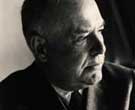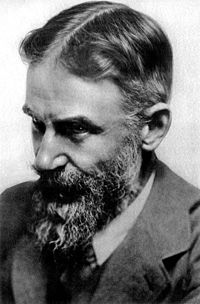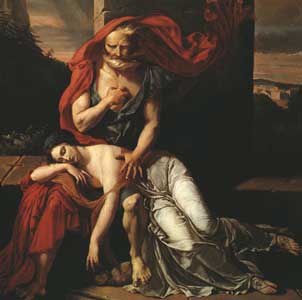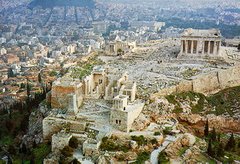
Cupid and Psyche is a story about love, mystery, and consequence. This story has great influence in literature throughout the ages. Milton speaks of the story in one of his poems:
"Celestial Cupid, her famed son, advanced,
Holds his dear Psyche sweet entranced,
After her wandering labours long,
Till free consent the gods among
Make her his eternal bride;
And from her fair unspotted side
Two blissful twins are to be born,
Youth and Joy; so Jove hath sworn."
And then Milton carries on the tradition of influence by inspiring many artists later on.

His work has influenced many, including Keats and Mary Shelly.
This is another example of how the past lives in the present. Artists, writers are always finding inspiration in the works of the past and then they transport that inspiration into their own art. It seems that there is a continuous flow of creative energy from modern day that travels back to the stories of the Greeks. It seems that in artwork--and maybe everything--that there is not a distinct past and present, but one source of inspiration and creativity that is always present in every work of art.












